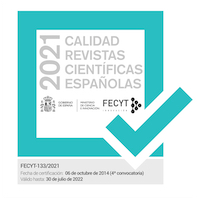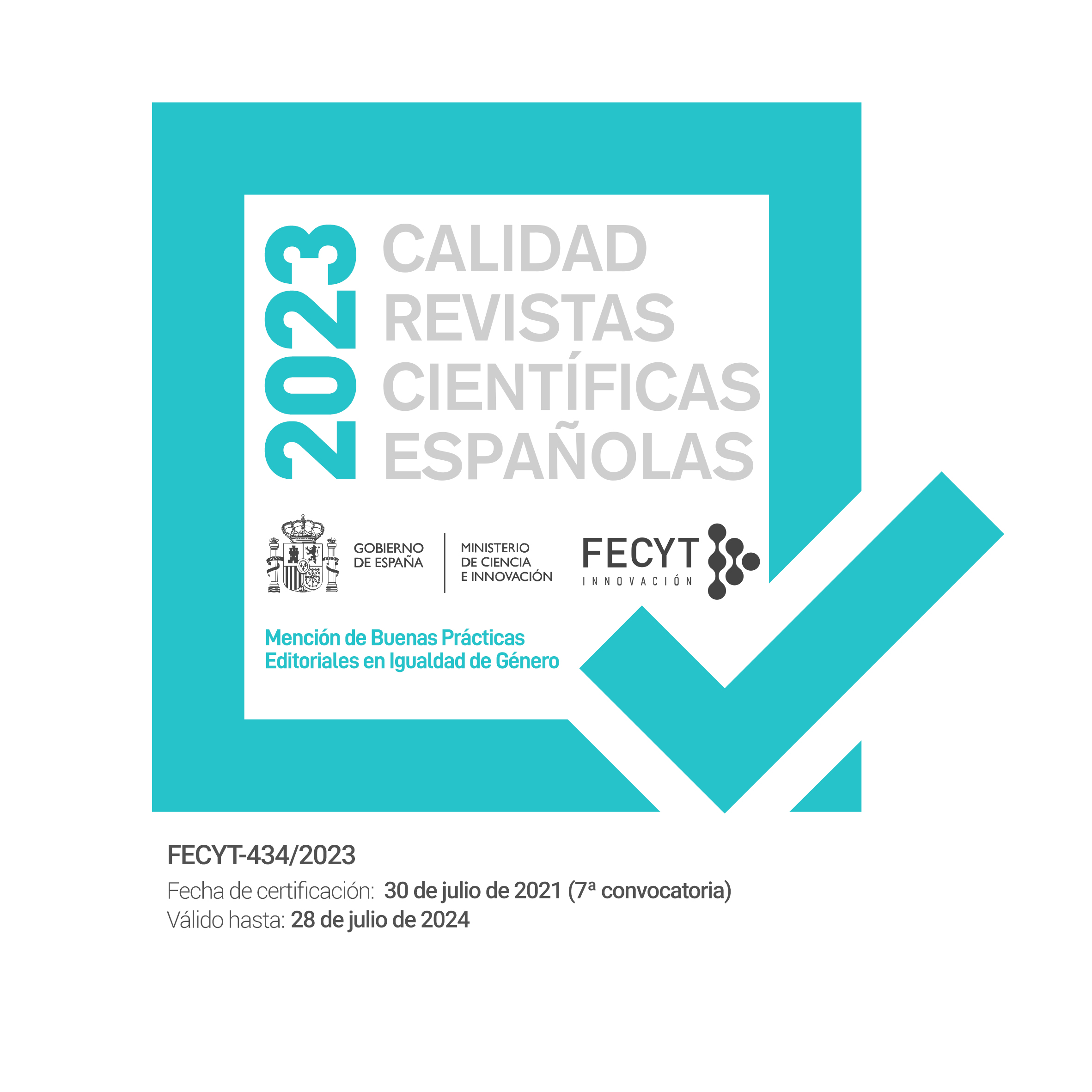Diritto Canonico e nomina dei cavalieri in tempi modern
Parole chiave:
knighthood, Canon Law, order of knighthood, royal family, fons honorumAbstract
I dibattiti giuridici sui diritti dei sovrani deposti sono riemersi nel XX secolo. Tra questi, il diritto di nominare cavalieri da parte dei capi delle famiglie reali spodestate è stato uno dei punti focali. L'autore inizia con una rassegna completa dei dibattiti giuridici sull'argomento per fornire ai lettori una comprensione aggiornata su questo tema in sviluppo. Sei punti di vista principali sulla nomina sono estratti dal lavoro di ricerca. Si propone una nuova interpretazione, in cui la legittimità di conferire onorificenze e la legittimità degli stessi ordini cavallereschi devono essere considerati separatamente. Secondo questo metodo di interpretazione, il criterio per giudicare la legittimità di una nomina a cavaliere è sia lo jus honorum del capofamiglia sia la legittimità dell'ordine cavalleresco stesso.
Parole chiave: diritto canonico; ordine cavalleresco; famiglia reale; fons honorum
Riferimenti bibliografici
Baca, Stephen P. Kerr y. "Resolution of Monarchical Successions under International Law: Succession of Hrh Prince Ranier to the Chiefship of the Royal House of the Two Sicilies." The Augustan 76 (1975): 1-32.
Beal, John P. New Commentary on the Code of Canon Law. New York, 2000.
Boyle, Elizabeth Heger. "The Catholic Church and International Law." Annual Review of Law and Social Science 13 (2017): 395-411.
Bull, Hedley. "International Law and International Order." International Organization 3 (1972): 583-588.
Burke, Bernard. The Book of Orders of Knighthood and Decorations of Honour of All Nations. New York, 1858.
Butculescu, Claudiu Ramon D. "Prolegomena to the Study of Heraldic Insignia: From the Medieval Coat of Arms (Xiv-Xvi Century) to the Heraldic Insignia of Institutions and Societies in Contemporary Law. Evolution, Legal Regime, Effects, Legal Protection, Prohibitions." Diversity and Interdisciplinarity in Business Law (2017): 11-18.
Cardinale, Hyginus Eugine. Orders of Knighthood, Awards and the Holy See. Buckinghamshire, 1984.
Constable, Giles. Three Studies in Medieval Religious and Social Thought. Cambridge, 1995.
Cox, Noel. "The Office of the Chief Herald of Ireland and Continuity of Legal Authority." Dublin ULJ 29 (2007): 84.
Cox, Noel. "The Principles of International Law Governing the Sovereign Authority for the Creation and Administration of Orders of Chivalry." Féil-Scríbhinn Liam Mhic Alasdair – Essays Presented to Liam Mac Alasdair, FGSI (2009): 15-25.
Cox, Noel. "The Sovereign Authority for the Creation of Orders of Chivalry." Journal of the Heraldry Society of Southern Africa 2 (2009): 317-329.
Cumbo, Horace F. "The Holy See and International Law." The International Law Quarterly 4 (1948): 603-620.
De Becker, Alexander. "The Legal Status of Public Employees or Public Servants: Comparing the Regulatory Frameworks in the United Kingdom, France, Belgium, and the Netherlands." Comp. Lab. L. & Pol'y J. 32 (2010): 949.
Dellavalle, Sergio. "On Sovereignty, Legitimacy, and Solidarity Or: How Can a Solidaristic Idea of Legitimate Sovereignty Be Justified?" Theoretical Inquiries in Law 2 (2015): 367-398.
Duby, Georges and Arthur Goldhammer. The Three Orders: Feudal Society Imagined. Chicago, 1980.
Duren, Peter Bander Van. The Pontifical, Religious and Secularised Catholic-Founded Orders and Their Relationshop to the Apostolic See. United Kingdom, 1995.
Furno, Emilio. "Qrdini Equestri Non Nazionali. - Art. 7 Legge 3 Marzo 1951, N. 178." Rivista Penale 1 (1961): 46-70.
Gautier, Leon. La Chevalerie. París, 1884.
Glanville, Luke. Sovereignty and the Responsibility to Protect: A New History. Chicago, 2013.
Gregory XIII. Papal Bull: Pro Commissa Nobis. The Holy See, 1572.
Hall, John C. "International Law: Power of Government-in-Exile to Enact Valid Legislation." Michigan Law Review 5 (1954): 753-756.
Hoegen Dijkhof, Hendrik Johannes. The Legitimacy of Orders of St. John: A Historical and Legal Analysis and Case Study of a Para-Religious Phenomenon. Amsterdam, 2006.
International Commission for Orders of Chivalry. "Register of Orders of Chicalry." International Commission for Orders of Chivalry, 2016.
Joerges, Christian. "On the Legitimacy of Europeanising Private Law: Considerations on a Justice-Making Law for the Eu Multi-Level System." Electron J Comp Law 3 (2003).
Kunz, Josef L. "The Status of the Holy See in International Law." American Journal of International Law 2 (1952): 308-314.
Lawrence-Archer, Major J. H. The Orders of Chivalry - English and Foreign. United Kingdom, 1887.
Martínez, Hugo Tagle. "Ius Sufragii Y Ius Honorum." Revista Chilena de Derecho 20 (1993): 345-352.
Metz, Rene. L'eglise a Ses Lois (Le Droit Canon). París, 1959.
Ossewaarde, Marinus RR. "Three Rival Versions of Political Enquiry: Althusius and the Concept of Sphere Sovereignty." The monist 1 (2007): 106-125.
Sinha, S Prakash. "The Anthropocentric Theory of International Law as a Basis for Human Rights." Case W. Res. J. Int'l L. 10 (1978): 469.
Talmon, Stefan. "Who Is a Legitimate Government in Exile? Towards Normative Criteria for Governmental Legitimacy in International Law." The Reality of International Law. Essays in Honour of Ian Brownlie. Oxford University Press, Oxford (1999): 499-537.
Vatter, Miguel. "Republicanism or Modern Natural Right? The Question of the Origins of Modern Representative Democracy and the Political Thought of Giuseppe Duso." CR: The New Centennial Review 2 (2010): 99-120.
Weinert, Matthew S. Democratic Sovereignty: Authority, Legitimacy, and State in a Globalizing Age. Routledge, 2007.









